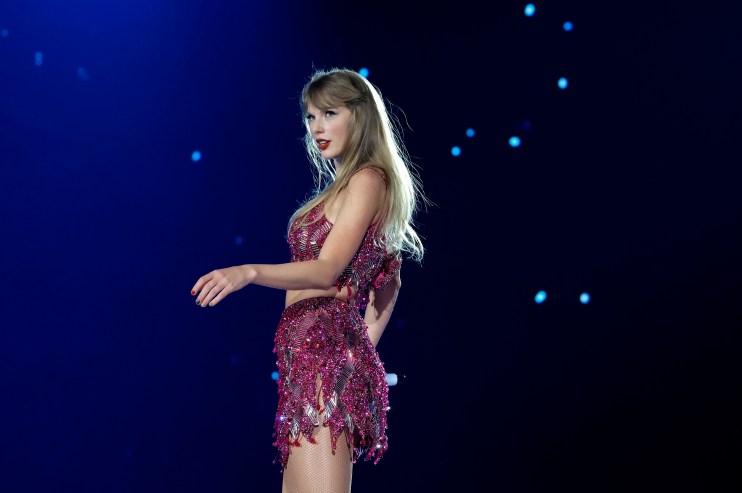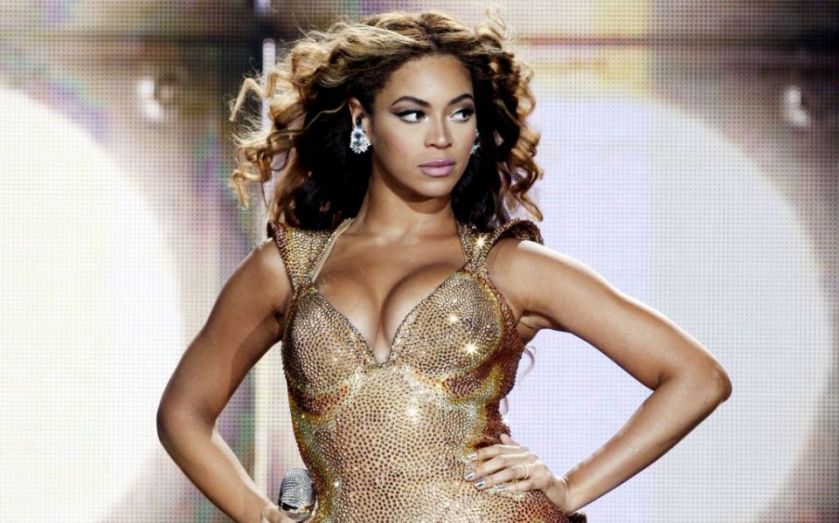Can Taylor Swift and Beyonce save the UK economy again next year?

Taylor Swift had a huge 2023.
Her Eras Tour tore through the United States, generating approximately $5bn (£3.95bn) in economic impact and netting the singer around $13m per stop. And the figure could be up to $10bn, according to the U.S. Travel Association.
Swift’s tour was the highest-grossing event (or string of events) in a summer characterised by so-called post—pandemic ‘revenge spending.’
Third quarter GDP growth was 4.9 per cent in the US, way above analysts’ estimates of 4.3-4.5 per cent.
But can Swift do the same for the UK next summer?
Taylor Swift is scheduled to start the UK leg of her tour on 7 June in Edinburgh, and finish in London on 24 August.
Around 60 per cent of adults are spending less on non-essentials because of cost of living increases, according to data from the Office for National Statistics, but consumers are willing to shell out hundreds of pounds for her sell-out Eras Tour: the average ticket cost is $254, plus hotels (the tour will only visit four UK cities), merch and travel costs.
The average US concert-goer spent around $300 on their costume for the tour, too – fans tend to dress as a particular Taylor Swift era or figure.
According to the QuestionPro survey these figures are from, attendees justify the extra spend as part of the experience.
Beyoncé’s 2023 tour similarly grossed more than $579 million worldwide, according to Billboard Boxscore, and even prompted suggestions that she had bumped inflation in Sweden when she visited.
“[Large events] can shift the needle quite considerably,” Kien Tan, director of retail strategy at PwC, said.
Swift has already caused UK entertainment sales to surge this year: sales were up 15.8 per cent month on month in July, as Barclays said there were “surges recorded on the pre-release dates for Taylor Swift’s ‘Eras Tour’, and Foo Fighters’ upcoming stadium tour.”
“Despite the rising cost of living, entertainment is a priority spending area for many consumers. One in 10 is cutting back on other expenses to afford tickets to concerts and movies, while a similar proportion they treated themselves to a concert or film ticket in July even though they couldn’t really afford it,” Barclays said in a report earlier this year.
Spending on event tickets spiked 340 per cent when Beyonce’s Renaissance world tour went on sale, and 460 per cent when Taylor Swift’s Eras tour dropped on Ticketmaster.

Research platform Lighthouse found that the Eras tour causes a boost in demand in every city it visits, and it predicts that European cities will receive the same windfall in 2024.
Hotel rates in Dublin, Cardiff and Liverpool have already spiked by around £100 per night, according to Booking.com, with the Pullman Hotel in Liverpool going from £180 for a double room the week before Swift arrives to £352 for the night of the concert.
The hourly rate for gig economy workers rises when she visits, too: in Philadelphia, the average hourly rate of workers rose by $2 to $20.57 when the Eras Tour was in town.
In London, Tan said, the effect will be less acute as the city is used to high levels of demand from sold-out entertainment and sports events – there are more hotels, bars and destinations to “soak up the demand.”
However, the effect could be “huge” in smaller towns, “especially if it’s out of season,” according to Tan.
UKHospitality Chief Executive Kate Nicholls said: “Sell out UK tours from major global artists such as Beyonce and Taylor Swift provide a welcome boost for the hospitality sector, increasing demand for accommodation, as well as driving more visits to pubs, bars, and restaurants in cities when they’re in town.
“The levels of interest in these types of tours shows just how important our music and nightlife scene is to the UK tourism and hospitality industry,” she added.
In total, the cultural trio of Taylor Swift, Beyoncé and ‘Barbenheimer’ added $8.5bn to US GDP, according to estimates from Bloomberg.
Here’s hoping the UK gets the same boost from Swift next summer.
